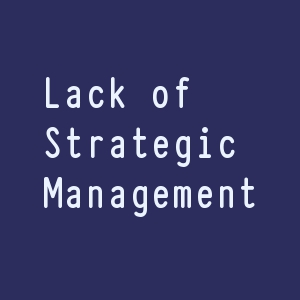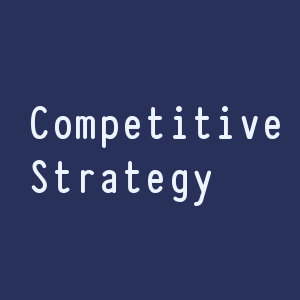Strategy evaluation can also be a sensitive process because of the human factor involved. Too much or too rigorous evaluation and control may be expensive and, sometimes counterproductive also—authority and flexibility may be challenged, minimized or even eliminated.
Too little or no evaluation may create the opposite effect—lack of responsibility and accountability. In some companies, strategy evaluation simply means performance appraisal of the organization. This is also not correct. The evaluation system should be balanced and follow some norms and standards.
Strategic analysts have laid down certain basic requirements which evaluation should comply with to be effective.
First
Strategy evaluation process or measures should be meaningful. These should specifically relate to the objectives/targets and the plan. There should be clear focus and no ambiguity.
Second
Strategy evaluation and control process should be economical. This means that the process should not be made unnecessarily elaborate and incurs too much cost on evaluation itself.
Third
The evaluation process should conform to a proper time dimension for control and information retrieval or dissemination. Time dimension of control should coincide with the time span of the activity or the implementation phase. Also, information on developments or feedback should be timely to make evaluation and control more appropriate.
Fourth
Strategy evaluation system should give a true picture of what is actually happening. The objective of evaluation is not fault finding. Sometimes, performance may be overshadowed by external factors or the environment. For example, during a severe slump in economic/business activity, productivity and profitability may decline in spite of best efforts by the managers to implement strategy.
Fifth
Strategy evaluation process should not dominate or curb decisions; it should promote mutual understanding, trust and common cause. All functional and operational areas should cooperate with each other in evaluating and controlling strategies. Strategy evaluation process should be simple and not too complex or restrictive.
It is true that there may not be any ideal or the only strategy evaluation system. All organizations are unique in themselves in terms of vision/mission, objectives, size, management style, strengths, weaknesses, organizational culture, etc.
All these together determine the exact nature of the evaluation system, as also the implementation process, which is most suitable for the organization. Waterman (1987) has made some useful observations about strategy evaluation system of successful organizations.





Comments-

(June 11, 2023 - 8:20 am)
-

(August 15, 2023 - 1:04 pm)
-

(November 13, 2023 - 5:54 am)
An Phu Land
Admiring the commitment you put into your site and in depth information you present.
It’s awesome to come across a blog every once in a while that
isn’t the same old rehashed material. Excellent read!
I’ve saved your site and I’m adding your RSS feeds to my Google account.
Emmanuel Sagastegui
this web site has got some real good information for everyone
Andria Hochhalter
what a web site it is! This weblog provides helpful facts to us, keep it up.